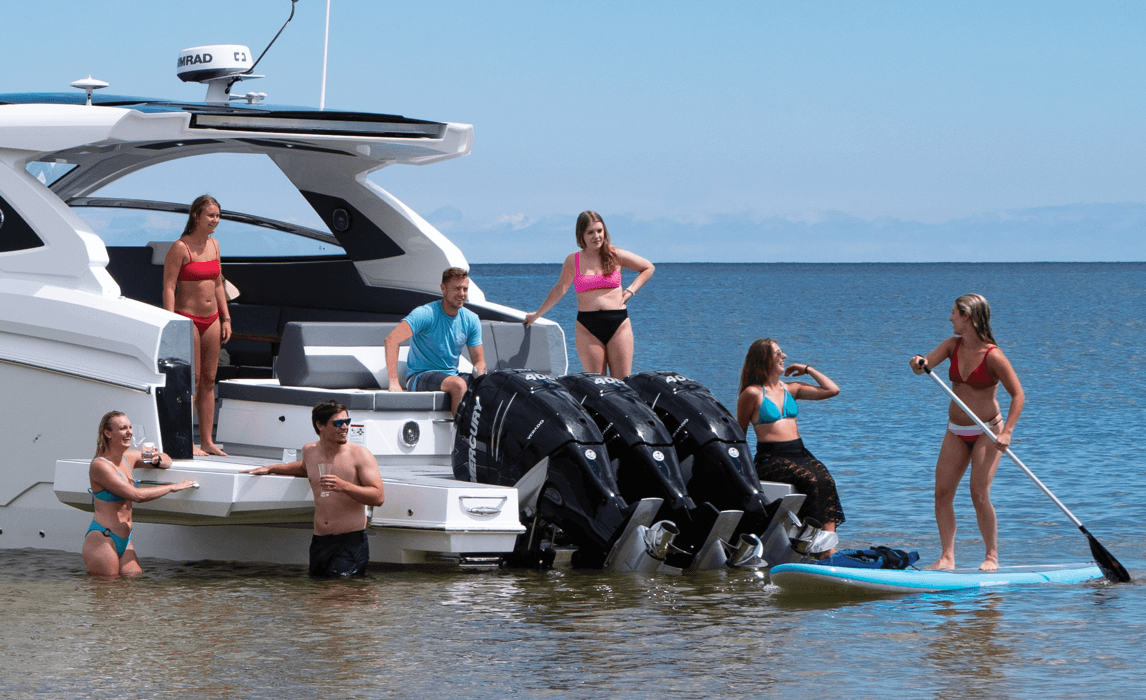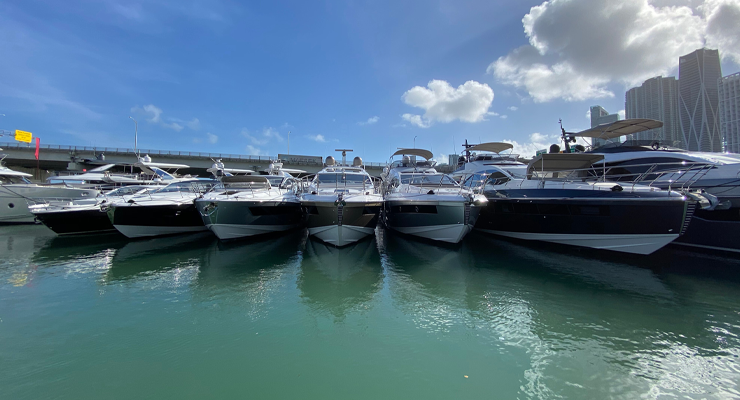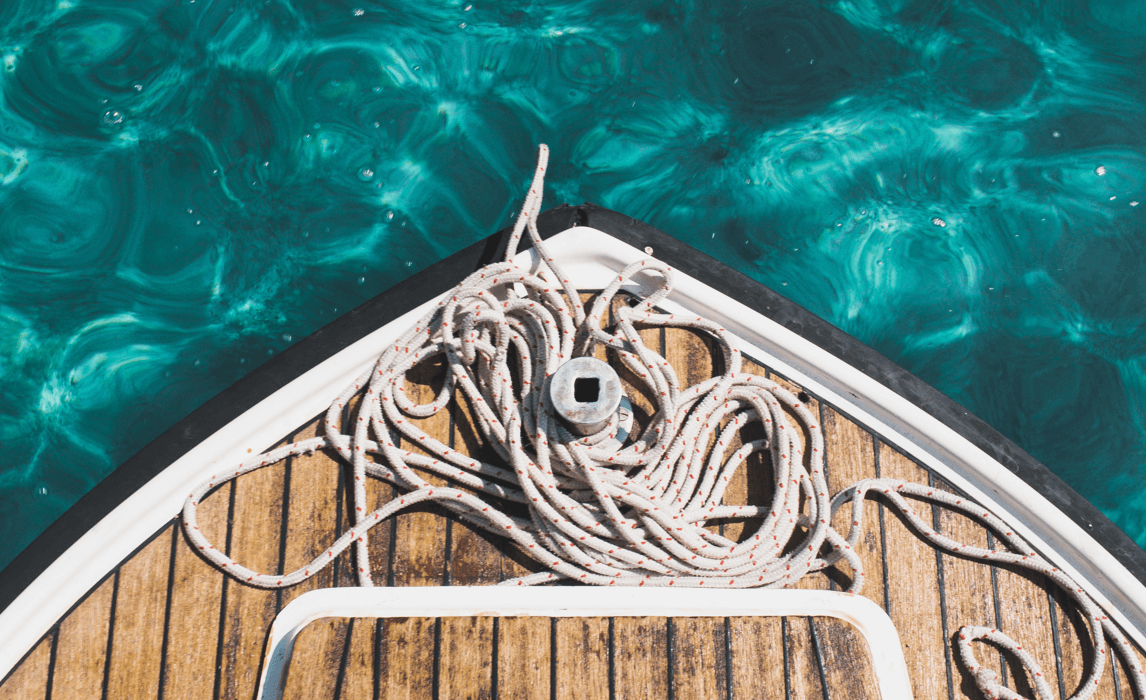NEWCOAST EXPERTISE
6 Ways to Make Your RVing and Boating Adventures Greener
RVers and boaters share a love for pristine natural vistas, whether on land or on the water, and a desire to protect the environment. Here are six ways you can help to make your adventures more eco-friendly.
1. Improve fuel efficiency
Maximizing the number of miles per gallon you get en route to your destination will help to reduce your vehicle’s or vessel’s carbon footprint. Before you set out on your next trip, make sure your RV or boat is up to date on service and maintenance. Proper tire pressure also helps to maintain fuel efficiency – and that goes for tow vehicles and trailers as well. Mapping your route in advance on a trip-planning app or chartplotter also can help you to avoid wasting fuel.2. Reuse and recycle
In preparing for your trip, pack refillable metal water bottles for everyone on board rather than bringing along bottled water. When provisioning the galley, take food out of its original, throwaway packaging and store it in reusable containers. Keep a separate bag on board for recyclable waste and dispose of it separately instead of tossing it out with the rest of the garbage.3. Use eco-friendly products
While in the past, some green cleaners had a reputation for being weak and ineffective, today, many of the eco-friendly products on the shelves are just as tough on dirt, grime, and stains as traditional products. Some manufacturers even offer complete lines of environmentally friendly products for cleaning and maintaining every part of your boat or RV. Look for the terms “biodegradable” and “nontoxic” on the label.4. Consider solar power
In recent years, solar panels have gained significant ground in both the marine and RV industries as an alternative method to using a generator to power the electrical equipment on board. The batteries utilized to store the energy gathered by the panels also have gotten smaller, more efficient, and less expensive. Not only can solar power help to lower your carbon footprint, but it also has the benefit of being quiet.5. Minimize your impact on animals
Seen or unseen. RVers should be sure to maintain full situational awareness while driving, especially at night. Don’t feed the wildlife or let it get into your garbage as it can easily become dependent on humans for food. Boaters should be careful where you drop your anchor. If you snorkel or scuba dive on a reef, use eco-friendly sunblock and don’t touch the coral to avoid killing those fragile living organisms.6. Leave no trace behind
Whether you are in the woods or on the water, the best thing you can do for the natural environment around you is to leave it undisturbed. According to the Ocean Conservancy, at least 11 million metric tons of plastic pollution enters the world’s oceans each year. Be sure to keep all your waste and refuse, including used fishing line, stored on board until you reach a designated place where you can dispose of it properly. Pick up any trash that has been left by others and dispose of that as well. Try to leave every natural setting you visit just as pristine as you found it, or if possible, even cleaner.If everyone follows these simple tips during their boating or RVing adventures, we can all help to preserve the environment so future generations can enjoy it.

insights
Finding the Right Boat or YachtNEWCOAST EXPERTISE Finding the Right Boat or Yacht for You? With Newcoast by your side, findi...
Learn More
expertise
How to get the best interest rateNEWCOAST ADVANTAGE How to Get the Best Interest Rate If you're looking for the best rates an...
Learn More
insights
Boat Show TipsNEWCOAST DIFFERENCE Headed to a Boat Show? So many boats and yachts all in one place! Shoppi...
Learn More
expertise
Understanding Your Credit ScoreNEWCOAST EXPERTISE Understanding Your Credit Score Have you been considering a loan to purchas...
Learn More